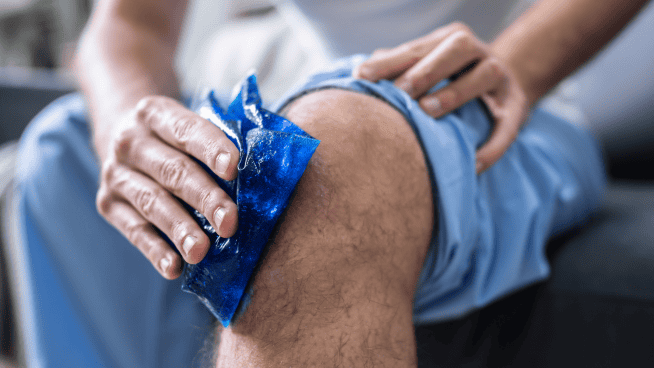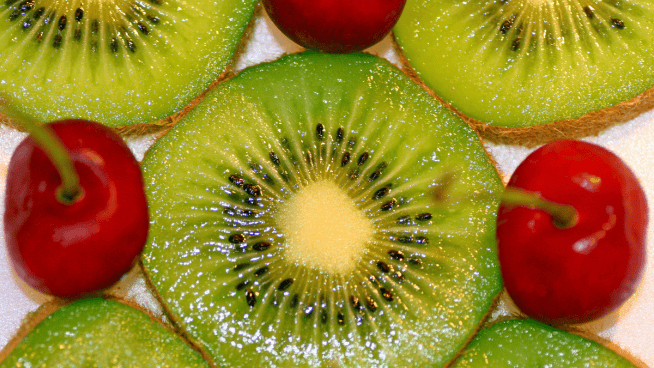Dehydration Warning Signs
Heading for the mound for some heated games in your summer league? During those long, hot hours with this 411 from Jeff Zachwieja, principal scientist for the Gatorade Sports Science Institute (GSSI), Prevent dehydration and heat illness.
According to Zachwieja, exposure to hot and humid weather increases the likelihood of suffering from dehydration.
Dehydration means that you’re low on body fluid, which stresses your cardiovascular system and increases your heart rate.
Causes of dehydration:
- Extreme sweating, not replacing fluids during / following exercise or vigorous activity
- Vomiting
- Diarrhea
- Illness
- Peeing too much
Monitor yourself for symptoms like:
- Dark-colored urine
- Less-frequent urination
- Increased thirst
- Muscle cramps
A simultaneous drop in blood pressure may lead to:
- Lightheadedness
- Fatigue
- Body aches, joint pain
- Feelings weak overall
Both your physical and mental performance suffers because, says Zachwieja, “dehydration can affect your ability to stay focused—and make quick and rapid decisions.”
Be aware of heat exhaustion from dehydration.
Symptoms include:
- Dizziness
- Chills
- Light-headedness
- Loss of coordination
Even more severe, dehydration may trigger a heat stroke, indicated by an above-average body temperature or falling unconscious.
“The body just begins to shut down because it’s way too hot, and it just cannot function properly,” says Zachwieja.
Regardless of the weather, but always in warmer climates, it’s important to stay hydrated throughout the day.
Some individuals won’t feel thirsty until they’re already dehydrated or too busy to drink enough.
Consider the benefits of a sports performance drink like Gatorade:
- Prevents decline in blood sodium
- Replaces electrolytes (minerals) lost through sweat
“You’re only addressing part of the problem of dehydration when you’re consuming water alone,” Zachwieja says. “Sweat is more than just water. It’s also sodium, potassium, a little bit of calcium, and magnesium.”
Electrolytes, especially sodium, ensure that fluid is well distributed throughout the body.
“About 60 percent of our entire body weight is made up of fluid,” he explains. “It’s important to keep it at about that level.”
Weigh yourself before and after practices and games—the difference in body weight pre and post-equates to the amount of fluid you need to drink.
One pound of weight lost during activity is equivalent to approximately 16 ounces of fluid.
RECOMMENDED FOR YOU
Dehydration Warning Signs
Heading for the mound for some heated games in your summer league? During those long, hot hours with this 411 from Jeff Zachwieja, principal scientist for the Gatorade Sports Science Institute (GSSI), Prevent dehydration and heat illness.
According to Zachwieja, exposure to hot and humid weather increases the likelihood of suffering from dehydration.
Dehydration means that you’re low on body fluid, which stresses your cardiovascular system and increases your heart rate.
Causes of dehydration:
- Extreme sweating, not replacing fluids during / following exercise or vigorous activity
- Vomiting
- Diarrhea
- Illness
- Peeing too much
Monitor yourself for symptoms like:
- Dark-colored urine
- Less-frequent urination
- Increased thirst
- Muscle cramps
A simultaneous drop in blood pressure may lead to:
- Lightheadedness
- Fatigue
- Body aches, joint pain
- Feelings weak overall
Both your physical and mental performance suffers because, says Zachwieja, “dehydration can affect your ability to stay focused—and make quick and rapid decisions.”
Be aware of heat exhaustion from dehydration.
Symptoms include:
- Dizziness
- Chills
- Light-headedness
- Loss of coordination
Even more severe, dehydration may trigger a heat stroke, indicated by an above-average body temperature or falling unconscious.
“The body just begins to shut down because it’s way too hot, and it just cannot function properly,” says Zachwieja.
Regardless of the weather, but always in warmer climates, it’s important to stay hydrated throughout the day.
Some individuals won’t feel thirsty until they’re already dehydrated or too busy to drink enough.
Consider the benefits of a sports performance drink like Gatorade:
- Prevents decline in blood sodium
- Replaces electrolytes (minerals) lost through sweat
“You’re only addressing part of the problem of dehydration when you’re consuming water alone,” Zachwieja says. “Sweat is more than just water. It’s also sodium, potassium, a little bit of calcium, and magnesium.”
Electrolytes, especially sodium, ensure that fluid is well distributed throughout the body.
“About 60 percent of our entire body weight is made up of fluid,” he explains. “It’s important to keep it at about that level.”
Weigh yourself before and after practices and games—the difference in body weight pre and post-equates to the amount of fluid you need to drink.
One pound of weight lost during activity is equivalent to approximately 16 ounces of fluid.










